Why You Should Conduct Soil Testing Before Building a Prefab Modular Home
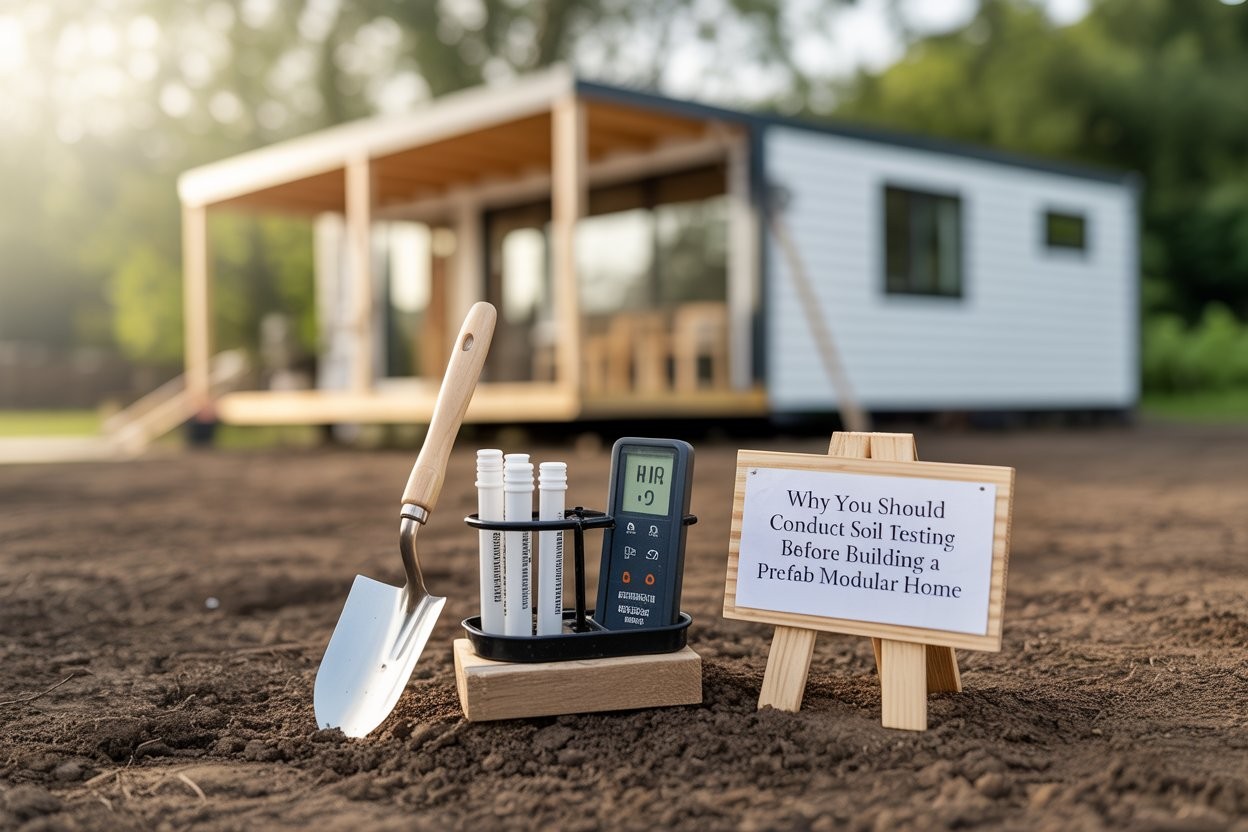
Groundwork is an instrumental component for all types of construction projects, including those involving prefabricated modular homes. While pre-construction tasks usually encompass essentials such as site clearance, leveling, logistical planning, and more, one cannot tick through all these components without making sure that the soil beneath the site is stable and suitable. Even though prefab modular homes are manufactured in factories and relocated to the site, their long-term durability ultimately depends on the stability of the soil and foundation.
Different types of soil behave differently under pressure and conditions. And in a country like India, where the terrains and soil conditions vary greatly, with Alluvial Soil, Black Soil, Red and Yellow Soil, Laterite Soil, Arid/Desert Soil, Forest Soil, Saline Soil, and Peaty and Marshy Soil, it is important to carefully evaluate the ground and soil in the region before moving ahead with site finalization or construction.
A detailed soil test helps understand the exact type of soil present in the region, how it reacts in different conditions, drainage patterns, moisture content, load-bearing capacity, and the exact type of foundation required to maintain the long-term stability of any structure. In the following sections, we will go over the importance of soil testing for prefab modular homes, as suggested by the prefabricated building manufacturers in India, the common tests conducted, and the risks involved in their absence.
Soil Testing in Prefab Construction
Soil testing helps in understanding the type of soil and the type of foundation support required for the specific prefab home structure, but it also helps in numerous other ways. Proper testing can help you understand and deal with the pollutants or contaminants present in the soil, the drainage capacity, the level of groundwater in the region, and other major components. Let us look closer at the major types of soil tests, which are applicable for both conventional and modular structures:
Soil Classification Test: The Unified Soil Classification System (USCS) is the system employed to evaluate and identify the type of soil from the three categories of gravel, sand, and clay. Determining the exact type of soil can assist engineers and specialists in using the best methodologies and materials for better foundational integrity.
Moisture Test: The presence of moisture in the soil can make the soil unstable by affecting its strength and stability. A moisture test can help us understand how much water the soil retains and how it responds to varying climate and weather conditions. Fluctuations can cause the soil to expand or shrink over time, making this test critical for prefab modular homes.
pH Test: As the soil is made up of different compositions of minerals and organic matter, its pH level can interact with and affect the structure as well as the foundation. The pH test is taken to measure the levels of alkalinity or acidity of the soil, ranging from 0 to 14. Soil with pH levels ranging from 6 to 8 (neutral) is the most ideal and stable for construction projects.
Compaction Test: A compaction test is done to understand the extent to which the soil particles can be compressed and packed together. This is important to understand the limit of weight that the soil can withstand and support without shifting, as well as how much water it can hold or drain.
Bearing Capacity Test: This essential test is conducted to evaluate the maximum load capacity that the soil can hold before it shifts. This test helps in understanding, choosing, and designing the right foundation that can properly hold the weight of the prefab modular structure without sinking.
Importance of Soil Testing in Modular Prefab Construction
All the best prefabricated building manufacturers in India have made soil testing mandatory before finalizing the structure and region. Through this thorough testing process, our architects and specialists gain precise insights into the ground conditions, allowing them to design and deliver foundations that ensure every modular prefab structure remains stable, durable, and reliable. Here are some of the major reasons why soil testing is important:
Drainage: Soil testing can help us understand the soil composition, structure, and moisture, which can provide better information on how well water can seep through it. This is important for the stability of the building foundations and the materials used in it.
Load-Bearing Capacity: As different types of soil have varying strengths, determining the type of soil in the region through soil tests can help in designing the appropriate foundation structure that can support the prefabrication structure.
Foundation Design: The type of soil and the condition in which it exists across the region are critical to determine the type of foundation that is required for a durable and safe structure.
Project Safety: Integrating the wrong type of structure without conducting proper soil tests can lead to sinking of the structure and even cause sinkholes and landslides. Soil tests are therefore crucial not just for the homeowners but for the workers as well as the overall public safety.
Environmental Concerns: In today’s sustainably driven construction activities, soil tests have become the go-to option to enforce safer construction practices and materials that are safe for the soil and the surrounding environment. This practice ensures that the construction does not lead to erosion or cause further damage through pollution.
Preventing Damage: Soil is a component that keeps shifting by reacting to the environmental conditions it exists in. If the foundation is not crafted to withstand such challenges and issues, it may crack and cause costly repairs in the long run. Therefore, it is important to conduct soil tests and employ proper foundational structures.
Soil Hazards: The constituents of the soil under your home may contain hazardous components, such as heavy metals, pesticides, and other contaminants. If not detected early, it can cause not just structural damage but also impact the health of the inhabitants in the long run. Soil tests can help evaluate such components and take the right actions to neutralize them. This is specifically important when the land is used for agriculture or industrial purposes.
Regulatory Compliance: As the Indian subcontinent has varying types of soils, proper soil testing is a mandatory component, as the risks can affect the safety and stability of the structure as well as the public safety. Some jurisdictions have made it mandatory documentation as part of the construction permit. Moreover, soil testing promotes and enforces sustainable construction practices, helping maintain environmental health across the surrounding ecosystems.
Check out this blog on: 10 Major Advantages of Prefabrication in Modern Construction Projects
Durable Prefabricated Modular Structure from Pressmach
As one of the well-established prefabricated building manufacturers in India, Pressmach guarantees a modular home that stands the test of time through our highest-quality materials and modern construction methodologies. We conduct the appropriate soil tests without fail to make sure that the foundation of your prefab modular home stays strong with the right foundation.
If you are looking for modular residential spaces, office spaces, or industrial spaces, Pressmach guarantees safety, stability and sustainability by combining soil assessment tests and expert construction practices. Contact us today and find the right prefabricated modular structure that fits your needs!
Your Requirements
Related
Blogs



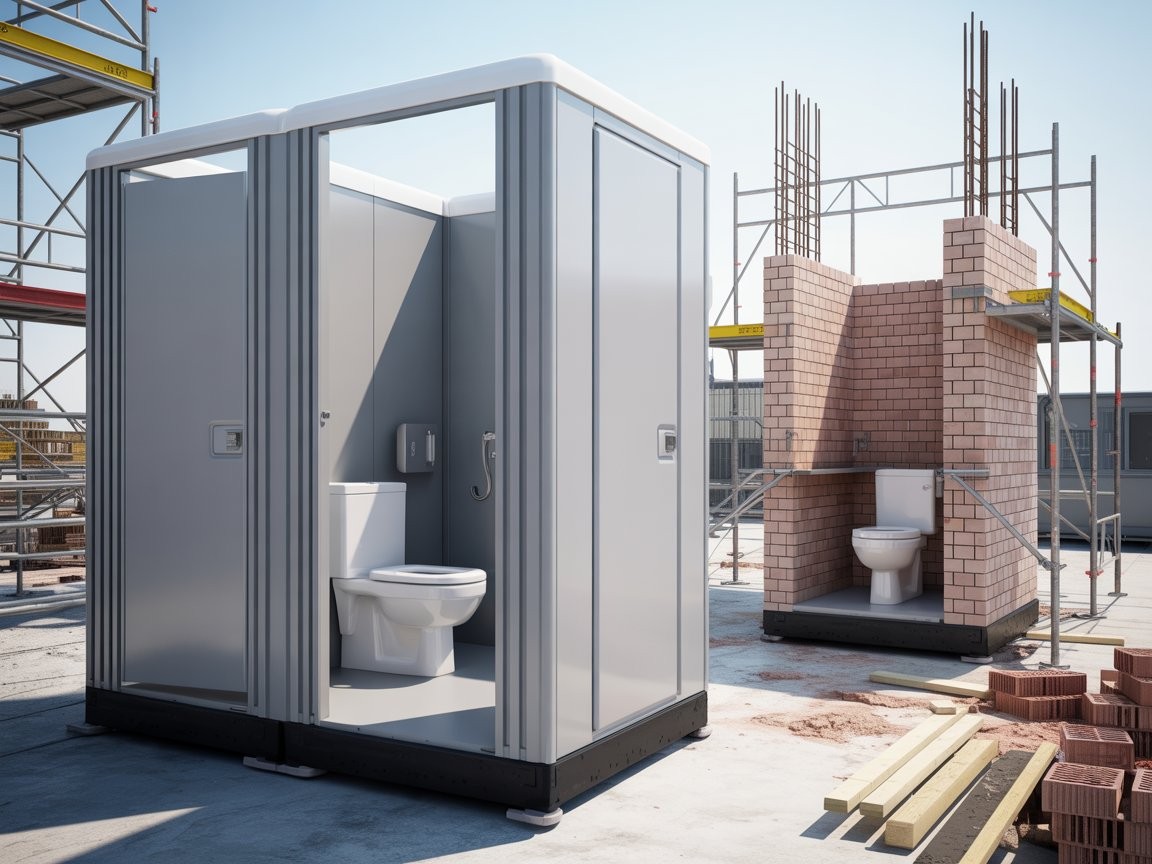
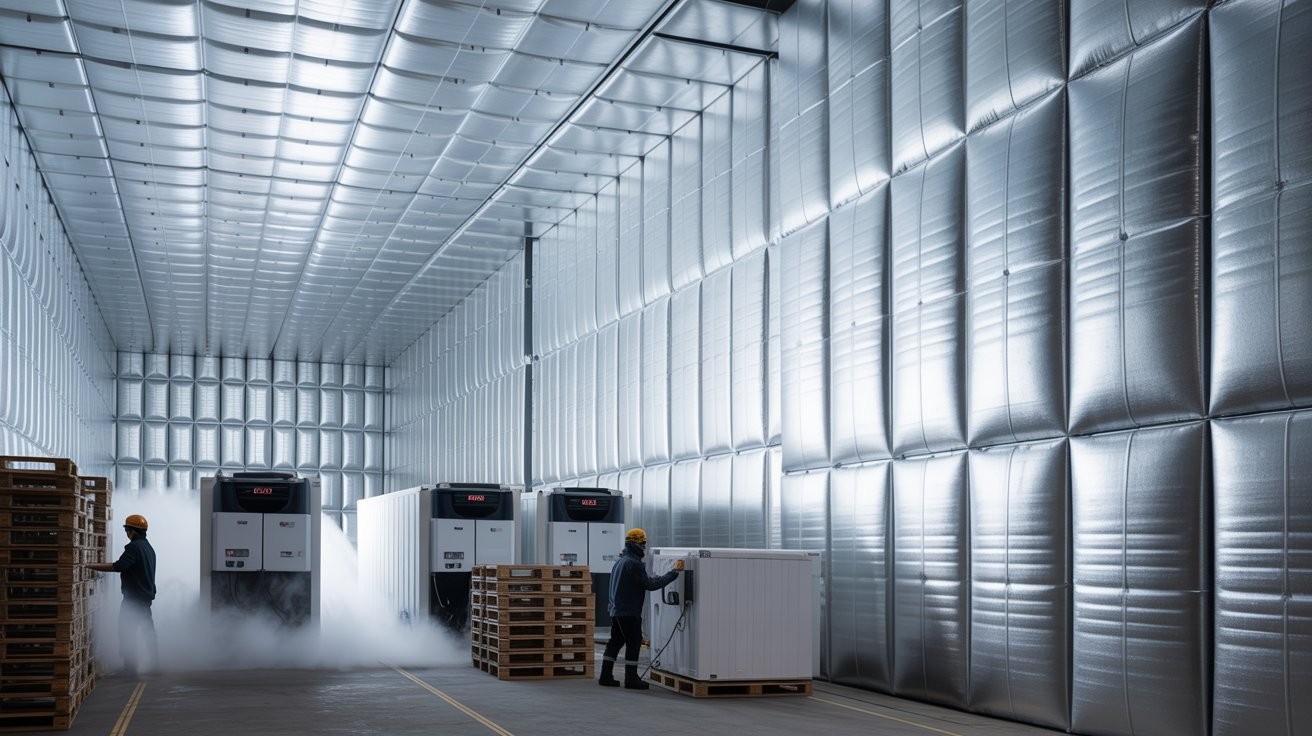


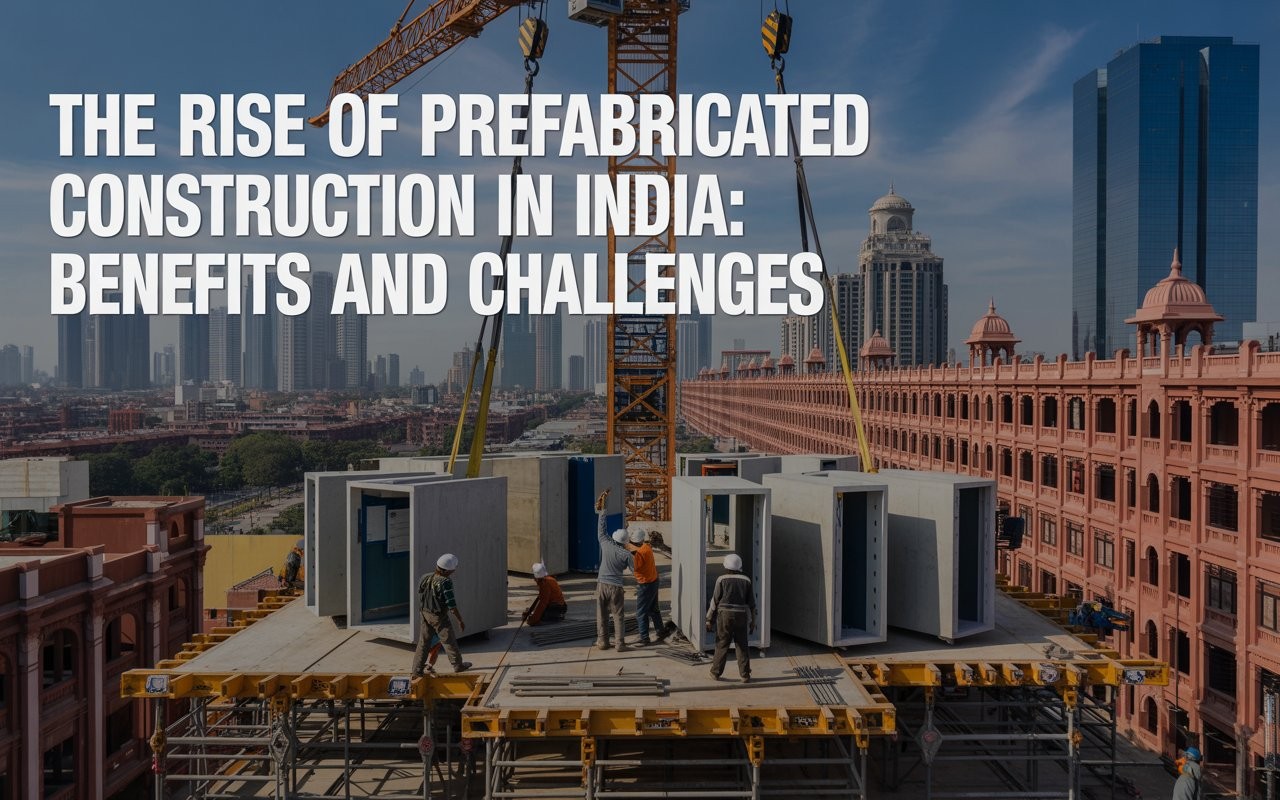
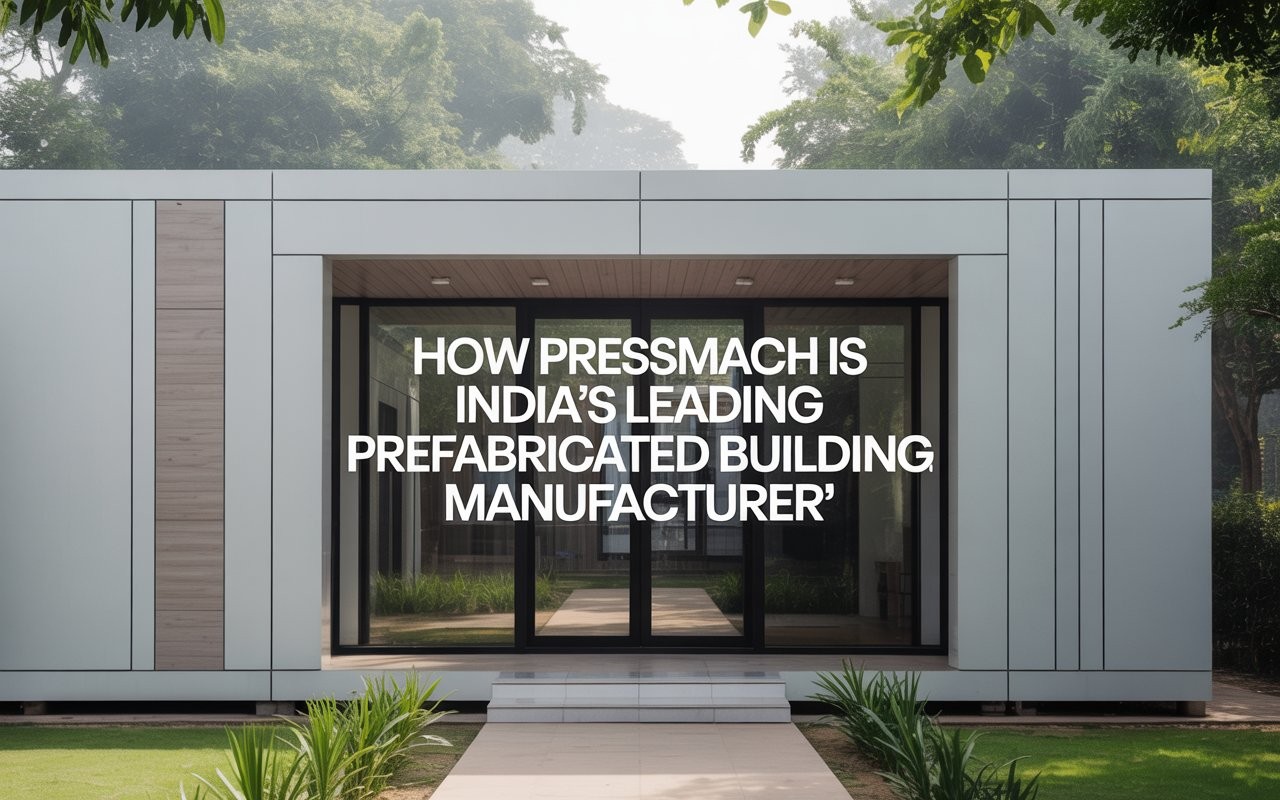


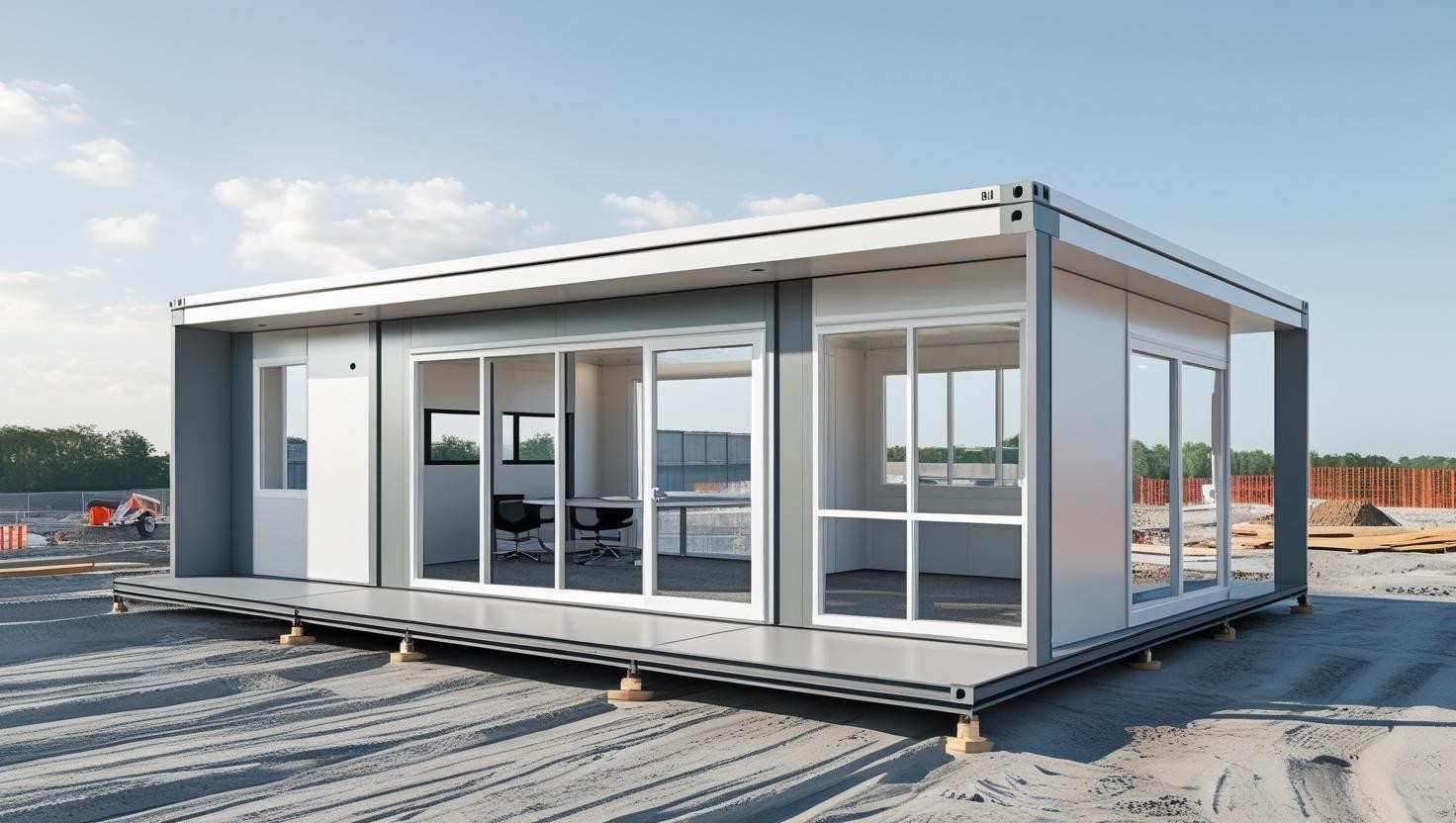
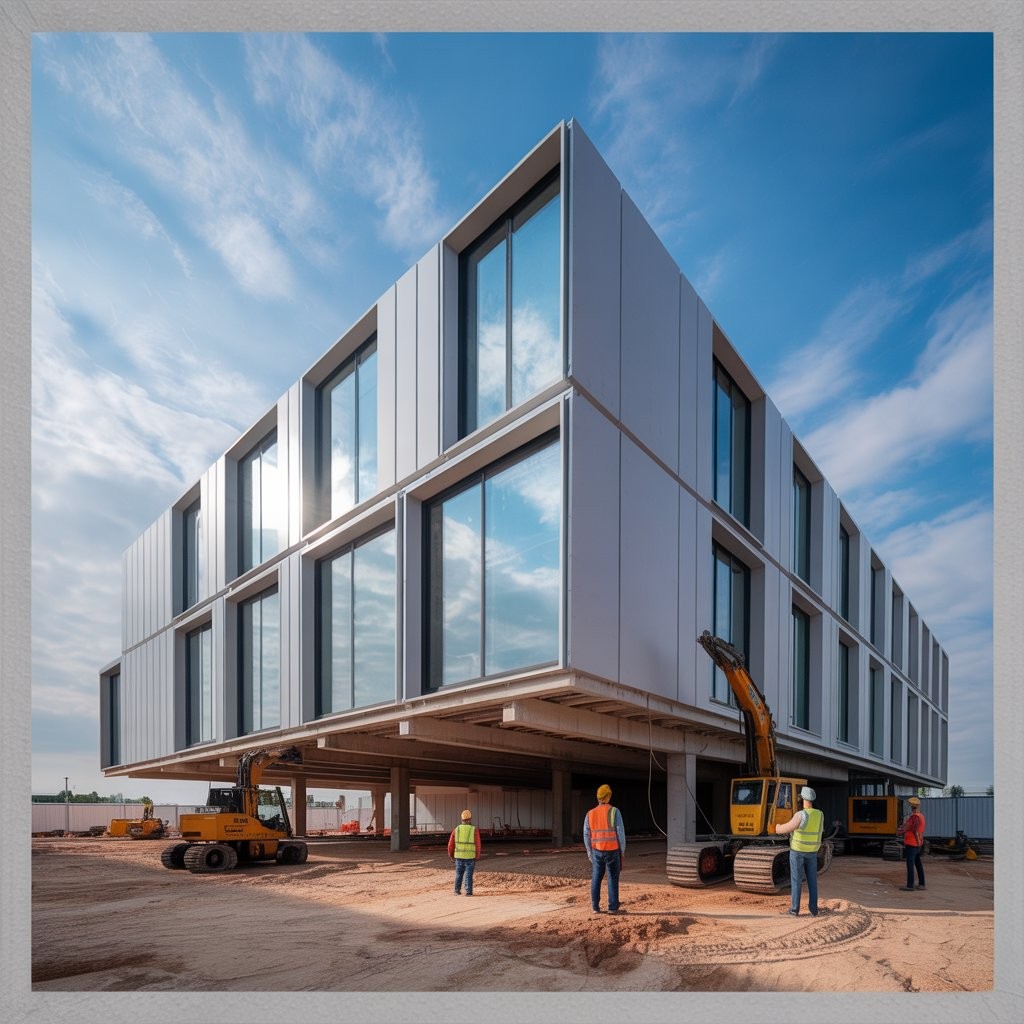










6790c3d8f29a2.jpeg)

























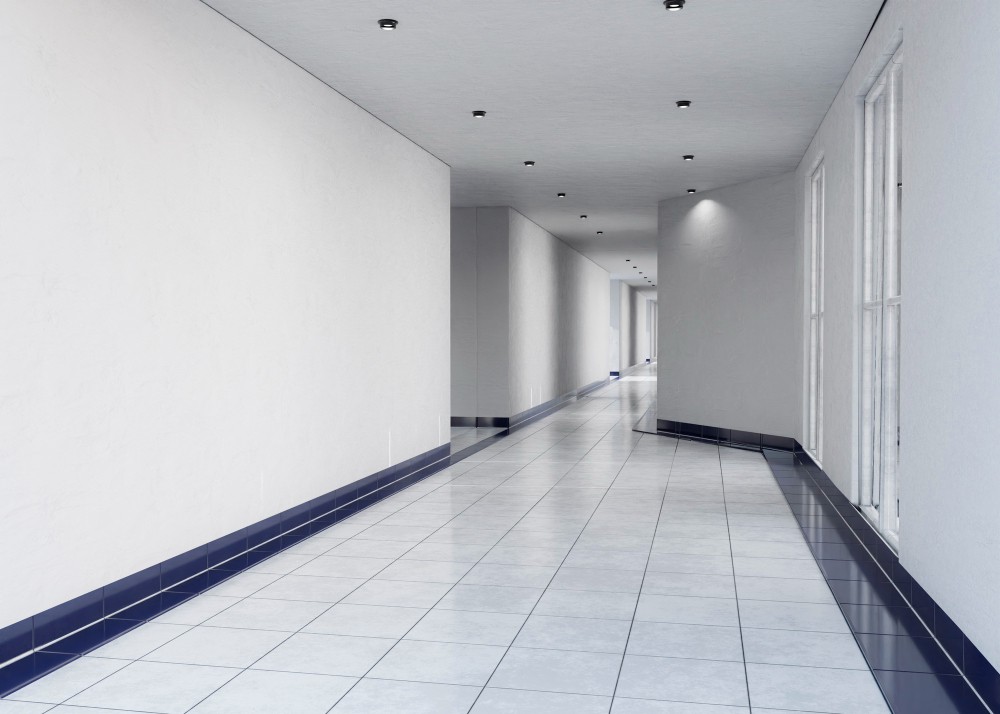
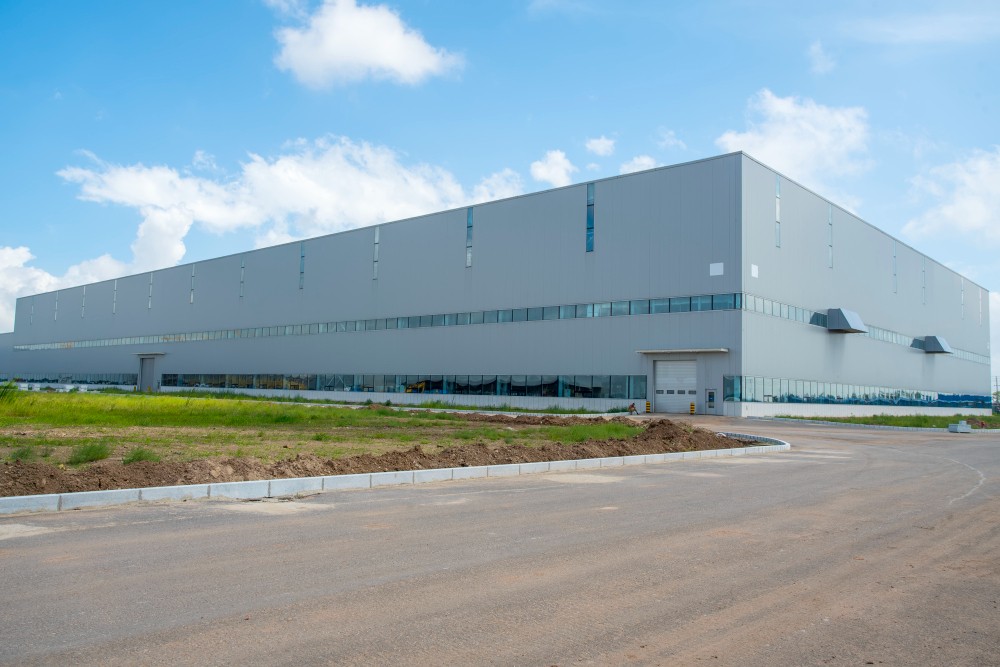

65cf4d38697f9.webp)

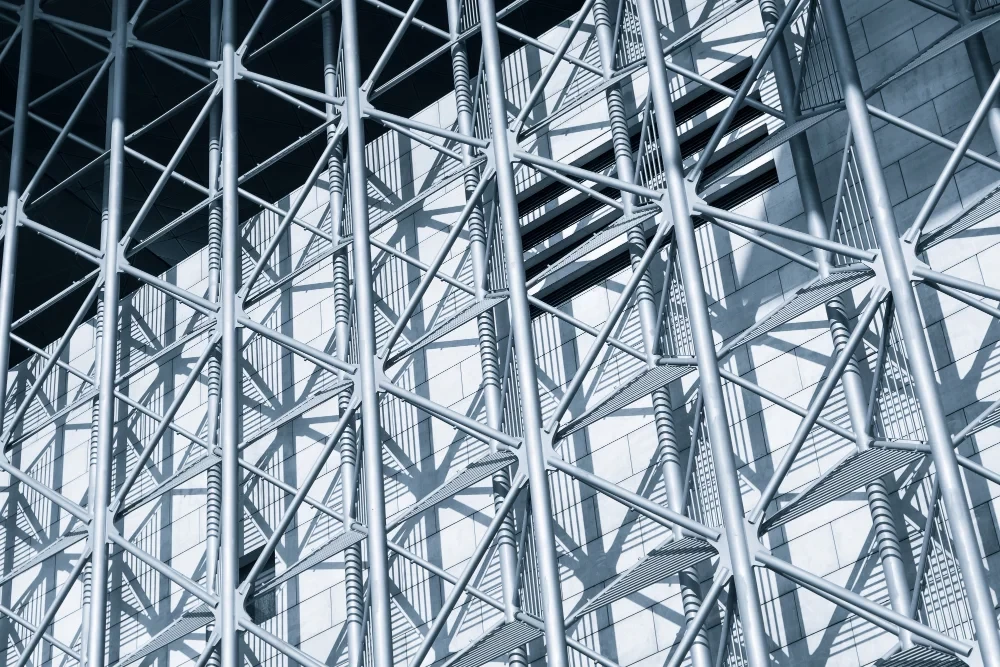
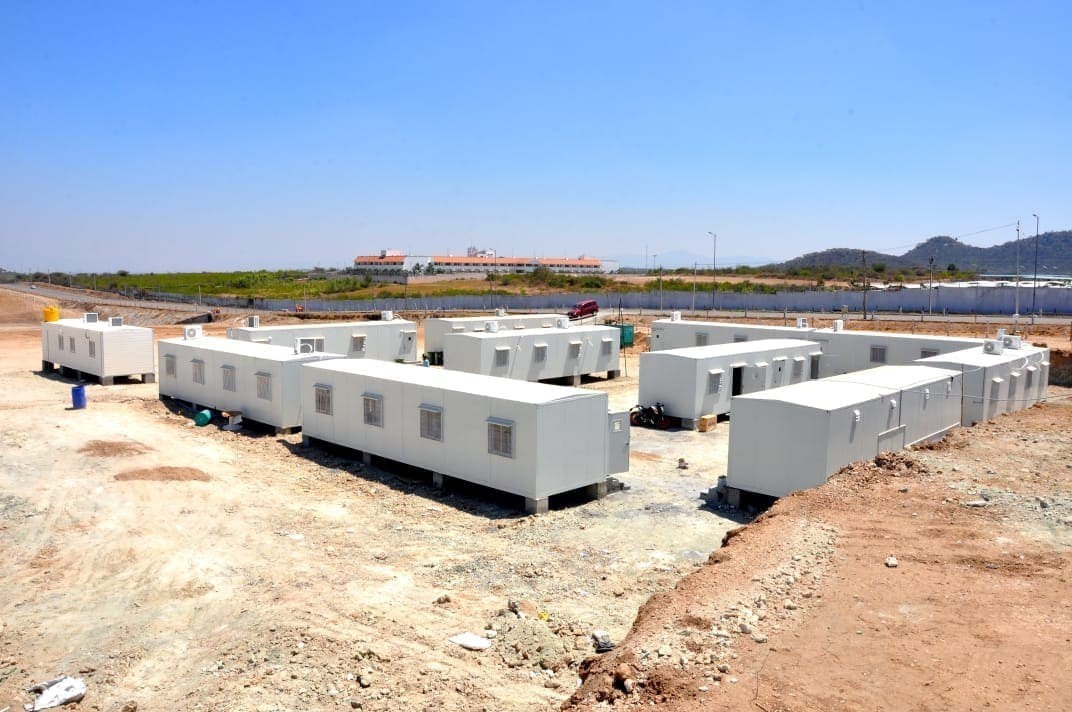
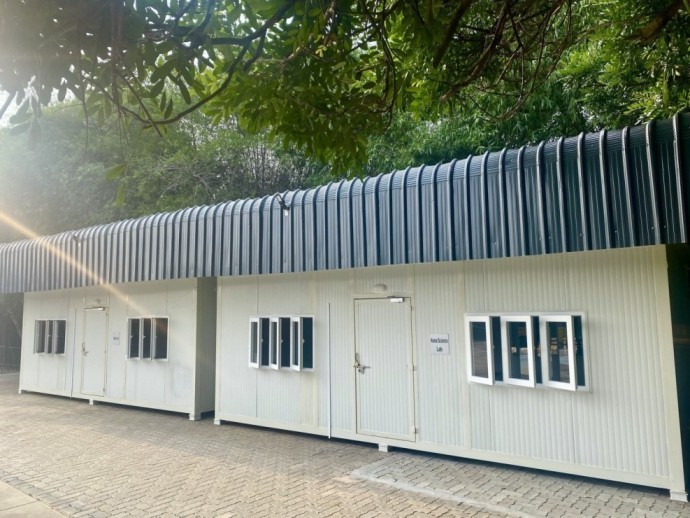

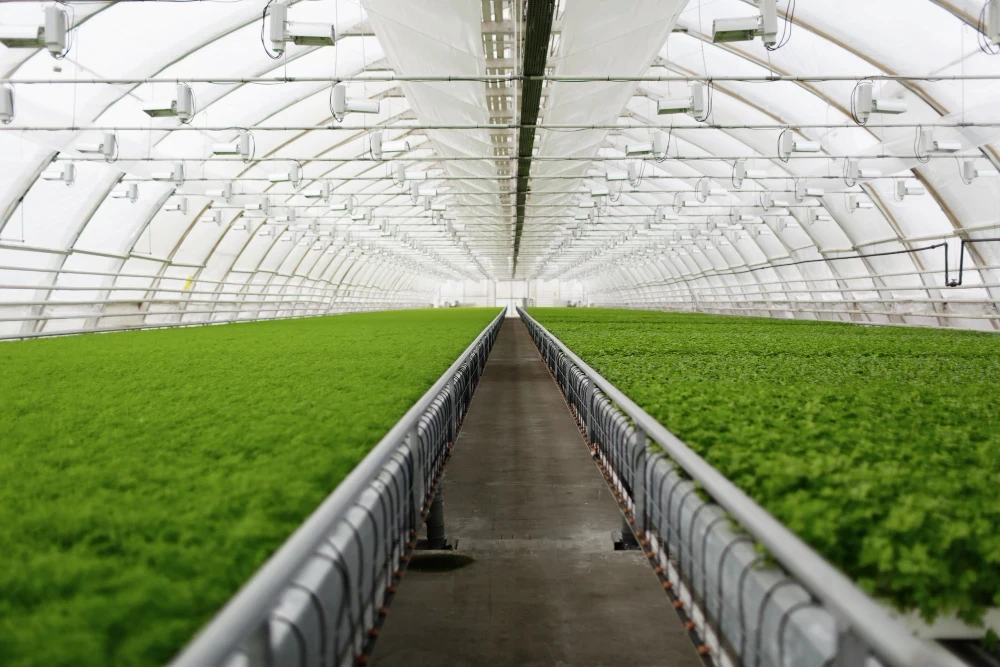
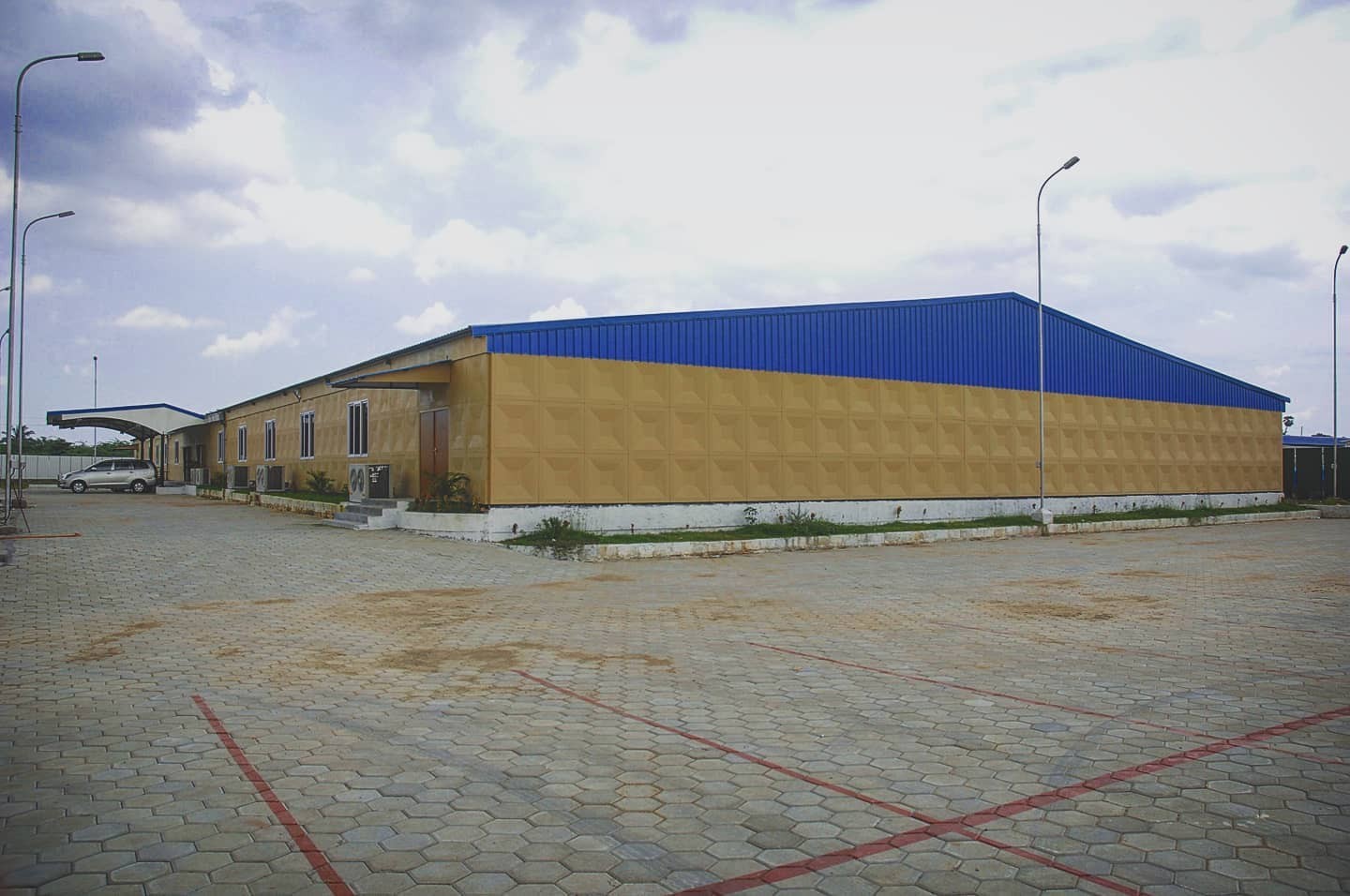
65cf65f046eed.webp)
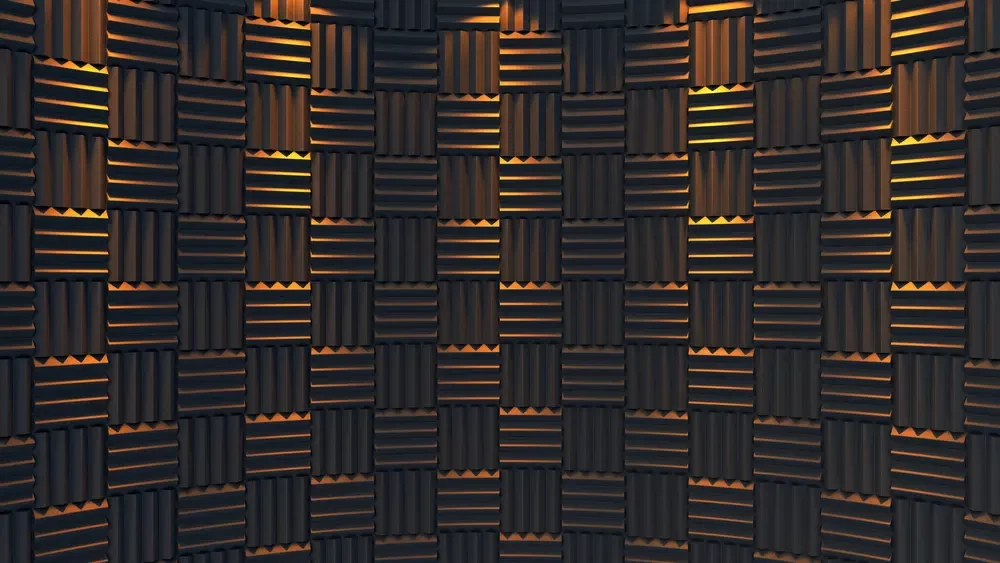
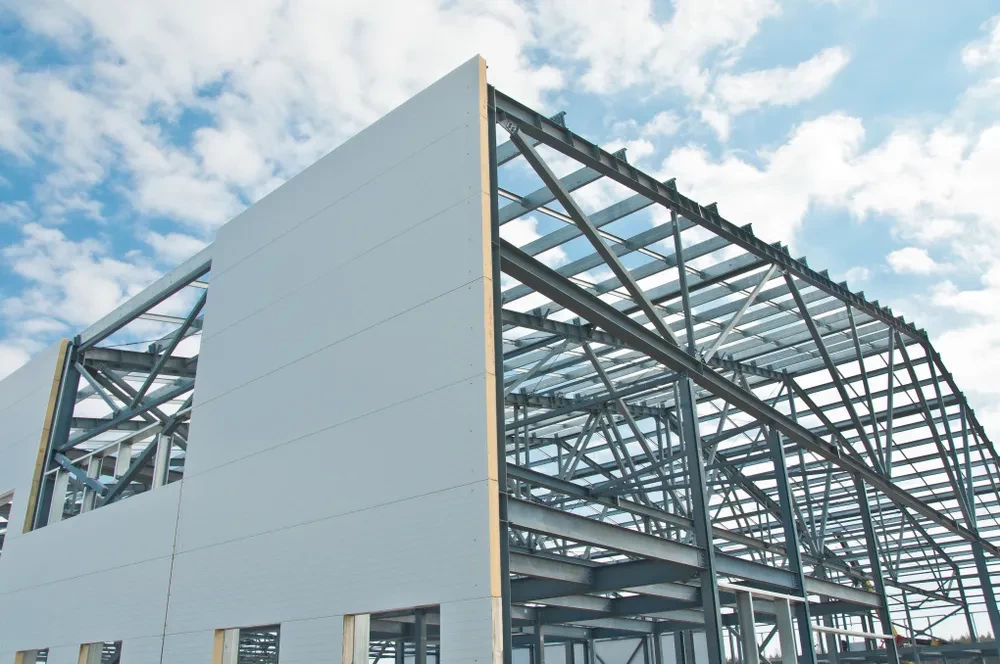

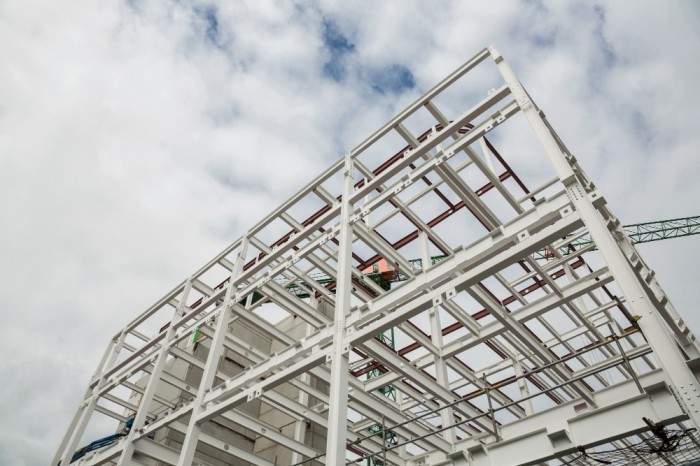
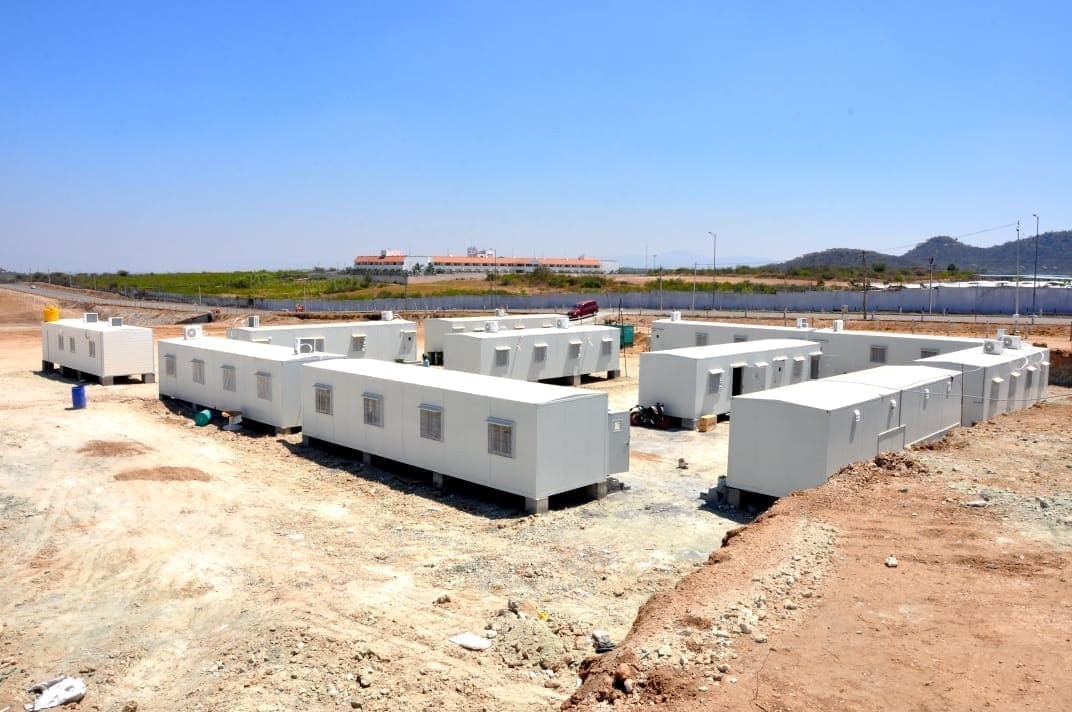
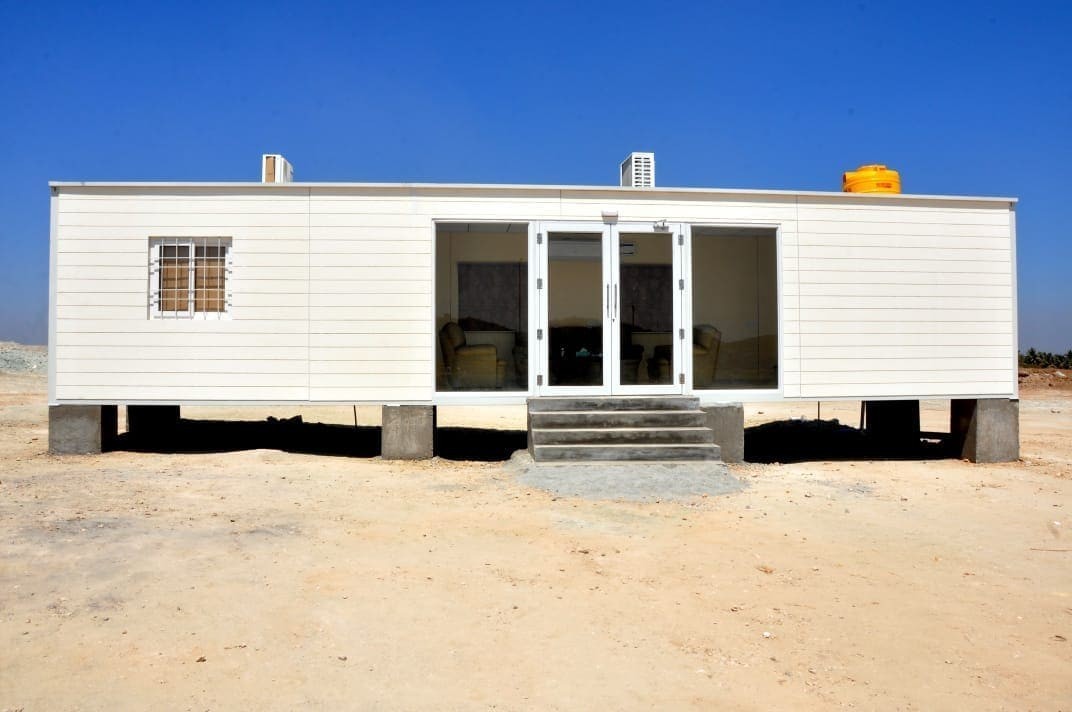
64afe3444467b.jpeg)
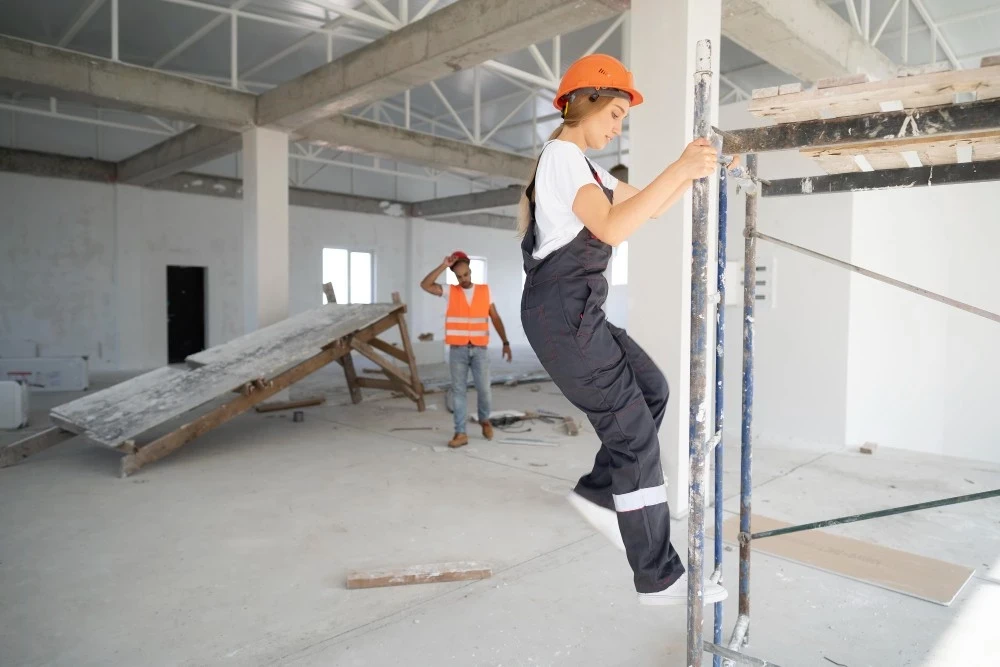
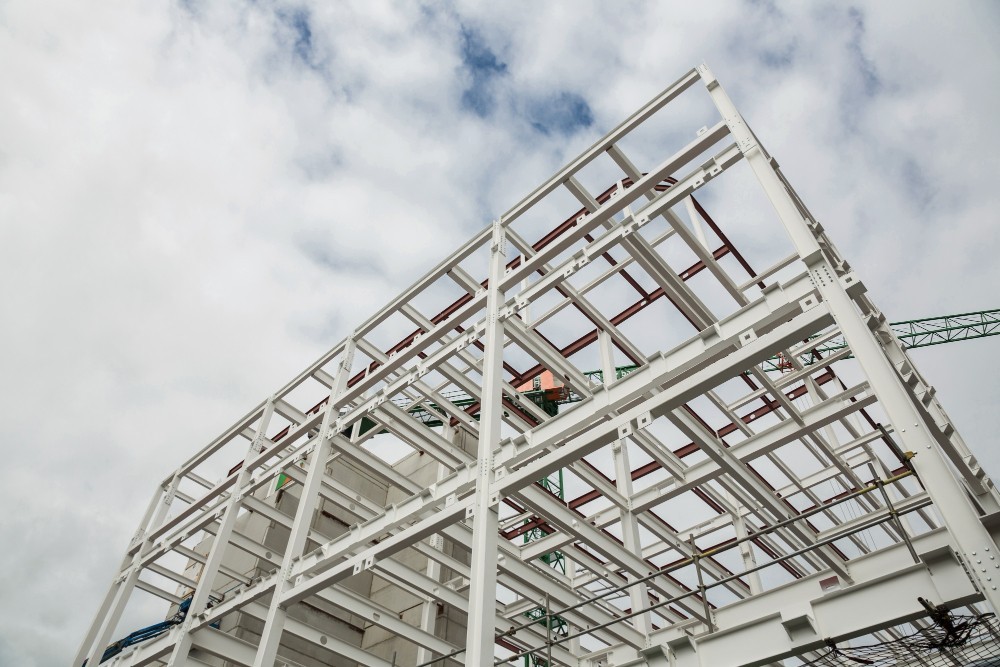
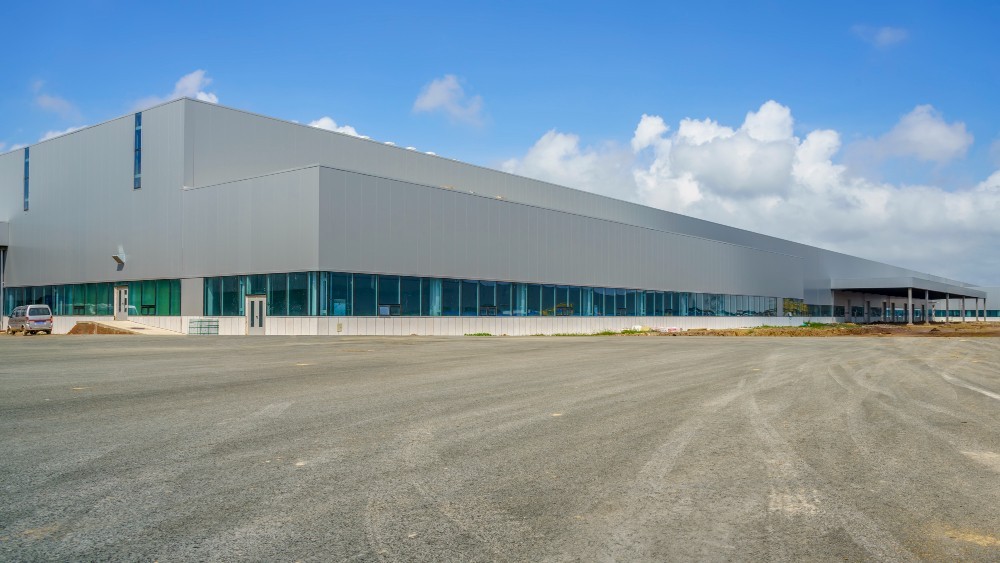

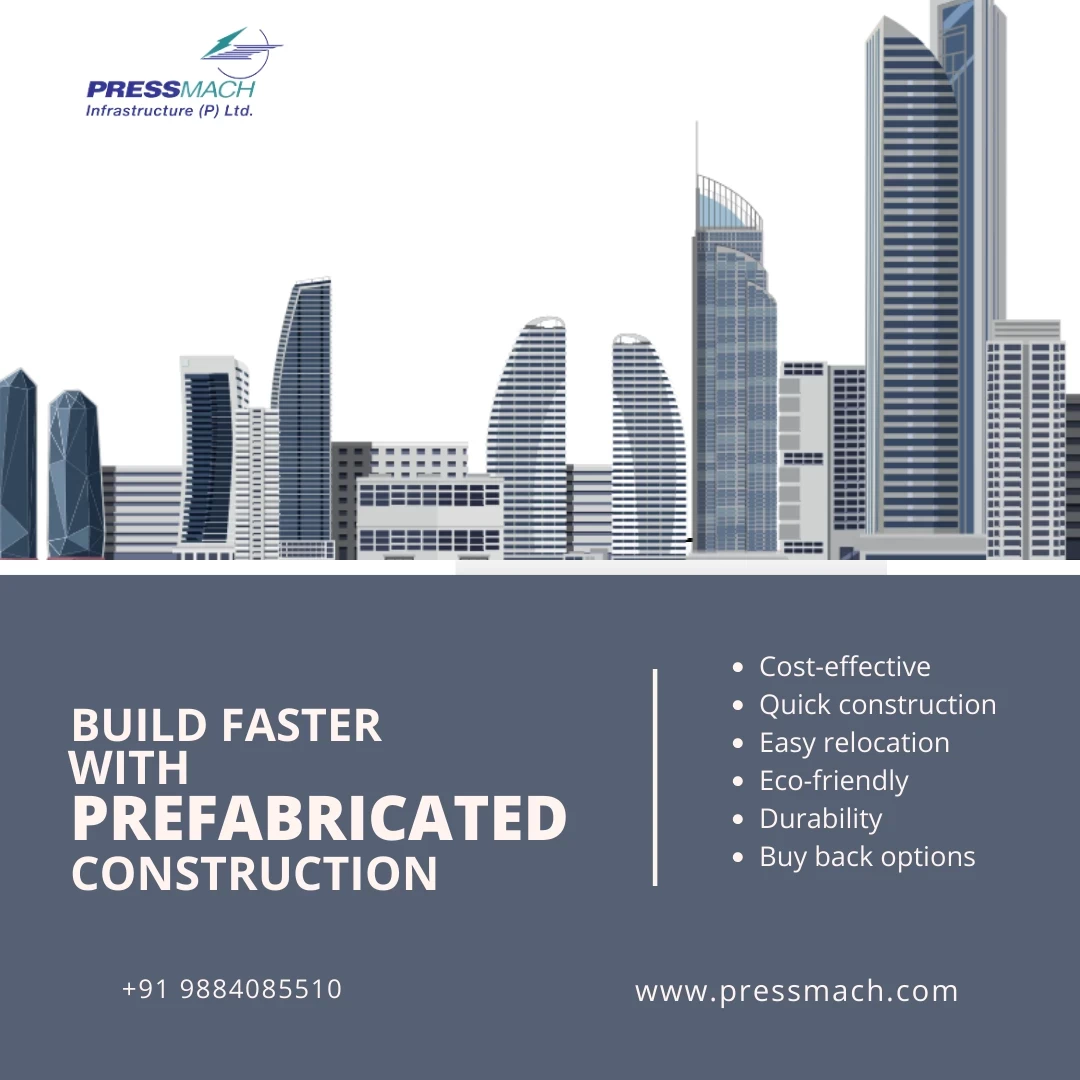
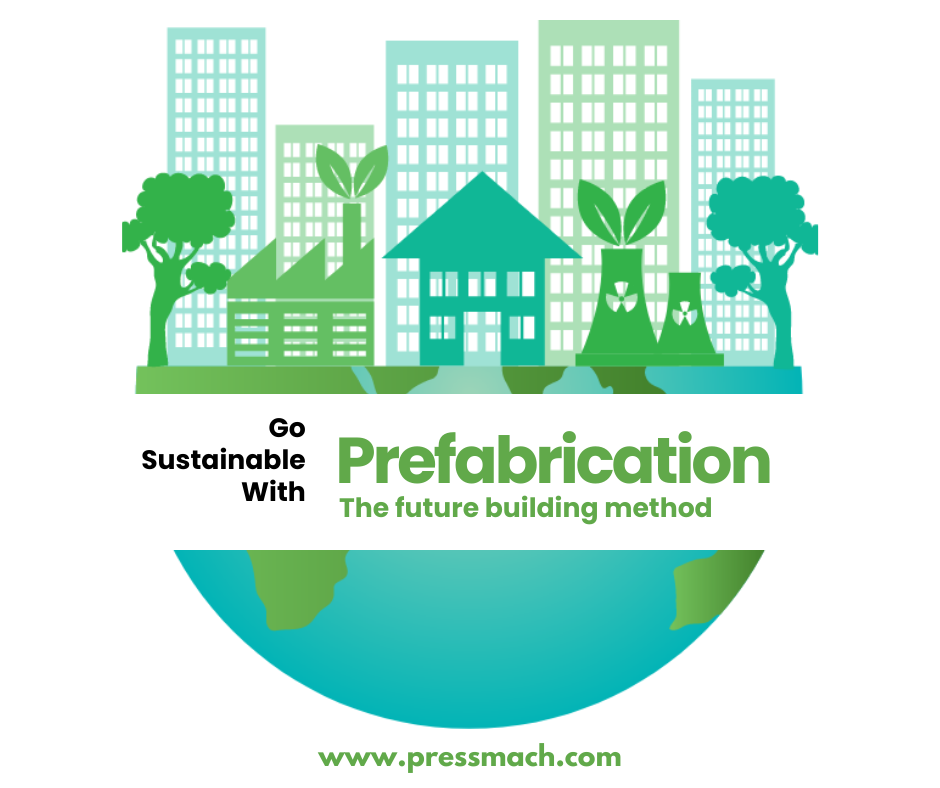
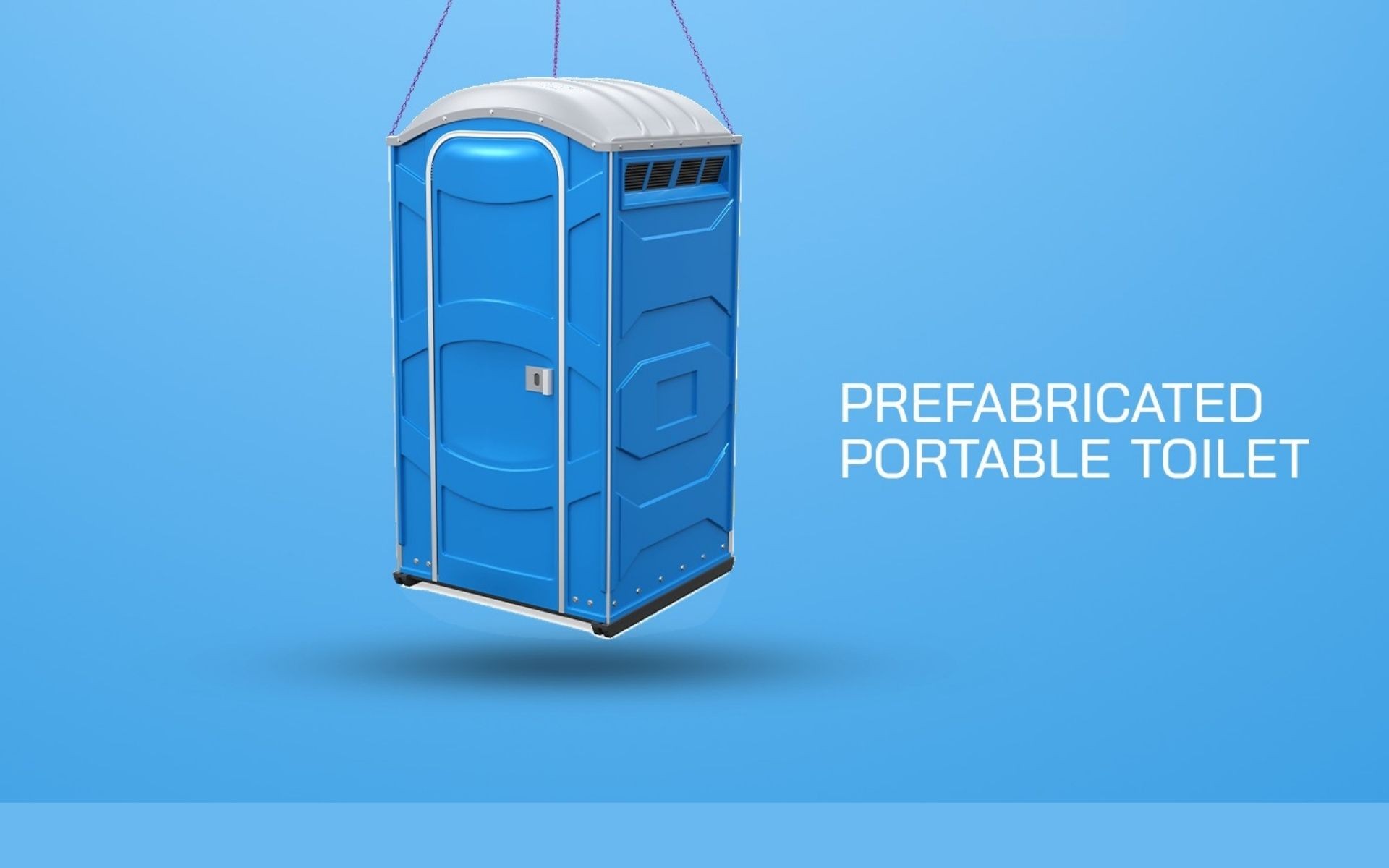

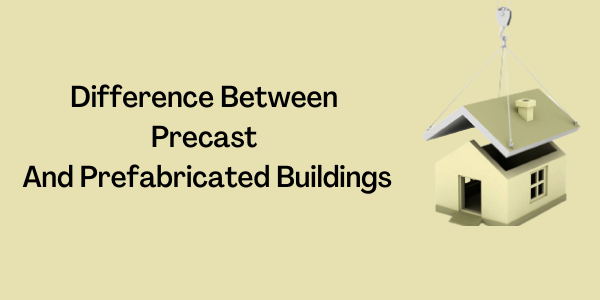


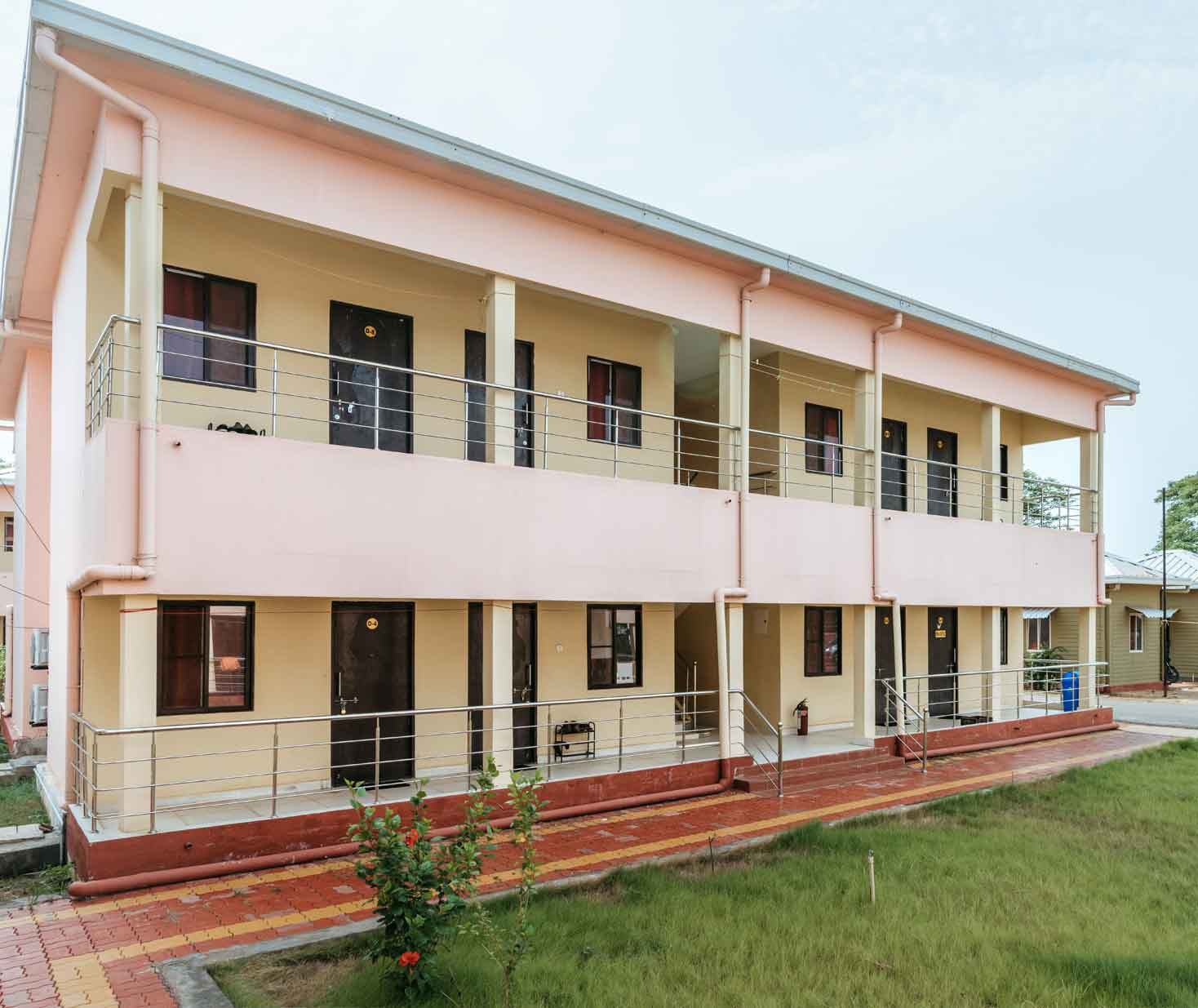
 site office front view622f00119ba65.jpg)

6349487807893.jpeg)